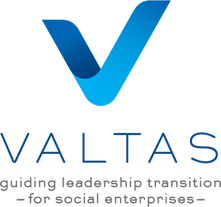THE LATEST FROM VALTASNews, updates, and stories to keep you in the know.
|
Why? One primary reason is that organizational leaders are being impacted at unprecedented levels by uncertainty and upheaval within organizations and in our society broadly. As the International Coaching Federation’s 2022 Consumer Awareness Study states, "In times of great change, and increasing pressures and demands, coaching is only seen to be more relevant." But why are so many more organizations turning to coaching? Can't consultants offer the same kind of services? Let’s look at ways that they differ and how they can complement each other. Understanding the Differences Between Coaching and Consulting Organizational vs Interpersonal Focus While consulting can provide critical technical support for overhauling and/or improving organizational structures, policies, and strategies, coaching can better address personal challenges related to professional goals because it is more tailored to individual needs. Even team-level coaching explores interpersonal dynamics more than consulting does as a way to unearth why even the best strategic plans are not implemented as intended. As a program director at the W.K. Kellogg Foundation put it when discussing how nonprofit leaders can improve personally and professionally, "Coaches push people to honesty... so they get the kind of reflection they can't get anywhere else in their life." Over time, changing how leaders relate to their colleagues and respond to challenges has been shown to improve performance and even the bottom line. Responsibility & Accountability Additionally, coaching is about cultivating the coachees' capacity to investigate where they may be stuck internally and discover their own solutions to address whatever they may be facing. Coaches then serve as accountability partners for their clients to take action steps based on priorities that have emerged in this process. Consulting, on the other hand, is most often done by experts in organizational development who are asked to provide their own assessments and recommendations about how an institution can best move forward. Once a plan is developed with a consultant's guidance, the onus is then on the organization to follow through, often without ongoing external support to keep it on track. Quantitative vs Qualitative Analysis Another difference is that consultants are most often hired to undertake more quantitative analyses that often have little to do with qualitative factors, such as the staff's well-being and bandwidth. Coaching focuses more on leaders' emotional and social intelligence, rather than simply on their intellectual acumen to solve analytical problems. Using basic coaching techniques, such as listening deeply, staying curious and asking powerful questions, coaches create a safe and confidential space for coachees to increase their self-awareness and reflect more deeply on habitual emotional or behavioral patterns that may no longer be useful (or worse, are impeding the healthy functioning of the organization). Some may ask why don't people simply go to a therapist if coaching is about raising self-awareness and shifting behaviors? Coaching and therapy differ significantly in that coaching is focused on the coachee's internal experience in relationship to their work so they can make wiser decisions professionally. Working in Tandem The good news is that coaching and consulting are in no way mutually exclusive and in fact can be highly effective when used in tandem. There are quite a number of professional consultants who are also certified coaches and vice-versa. Depending on the nonprofit's challenges, each tool can address specific, often interrelated, issues. For example, if staff turnover is a chronic problem, considering how well an institution's leadership model is functioning (consulting) and what the staff needs to feel more supported (coaching) can be key to making changes on different levels of the organization that help retain employees for the longer-term. Overcoming Budget Challenges Of course, hiring both consultants and coaches is not within many nonprofits' budgets. Even if the consultant and coach are the same person, bringing this person on board can get quite expensive over time. Fortunately, a growing trend in philanthropic giving is to provide additional funds for these services. Observing the high rates of staff burnout in nonprofits, many philanthropists have become aware of how critical this support can be. Another option for nonprofits is to look for pro bono consulting and coaching. The National Council on Nonprofits and other institutions offer pro bono assistance that may be available to your organization. In Washington State 501Commons has dozens of experts in nonprofits who are either retired or want to support nonprofits free of charge. (Full disclosure: I am part of the Executive Service Corps at 501Commons and currently provide pro bono coaching for one of the larger nonprofits in the Seattle area). Whatever an organization's needs may be - coaching, consulting, or combination of the two - these services are more available than ever to nonprofits. Based on recent studies and current trends, there is a strong case to be made to nonprofit boards and donors that investing in these tools provides crucial ballast for nonprofits and their staff to navigate whatever the future may bring. About the Author Elise Miller – Certified Leadership Coach, Cedar Wise Coaching  Elise has been dedicated to the nonprofit sector for almost 30 years. Most recently, she established Cedar Wise Coaching, which works with nonprofit leaders to accelerate social change. Previously, she served as the Interim Executive Director of Hedgebrook, an international center supporting visionary women-identified writers. Prior to that she directed two nonprofits, the Collaborative on Health and the Environment and the Institute for Children's Environmental Health and served as the founding Executive Director of the Jenifer Altman Foundation. Elise has also authored numerous blogs, articles and the Foreword for the book, The Rise of US Environmental Health Movement, by Kate Davies, PhD. In addition, Elise has engaged in a wide variety of volunteer activities, including serving on more than 10 nonprofit boards. She is also a triathlete, a dedicated meditator (practicing for over 30 years), a dabbler in various art forms, and a diehard advocate for the Common Good. She received her BA in History from Dartmouth and her Master's in Education from Harvard. Comments are closed.
|
THE LATEST FROM VALTAS
You are welcome to subscribe to get the latest news, updates and insights from our team. Subscribe:Ask Valtas!Categories
All
Archives
July 2024
|


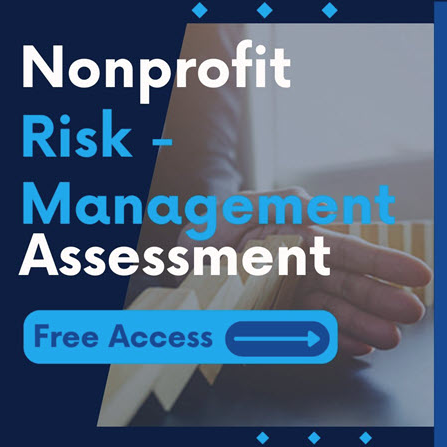
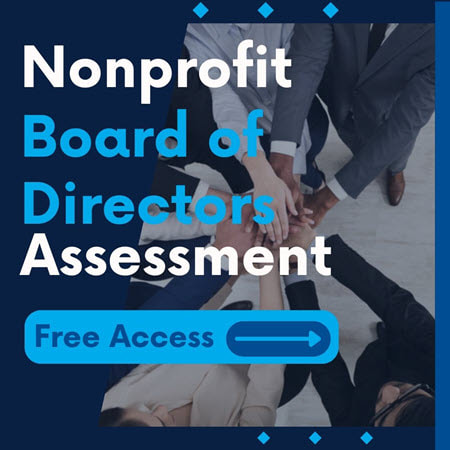
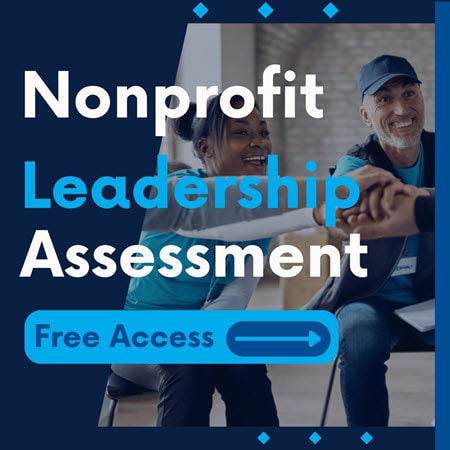
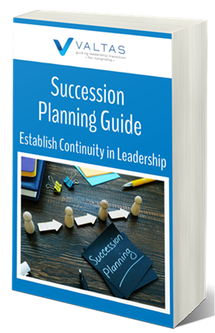
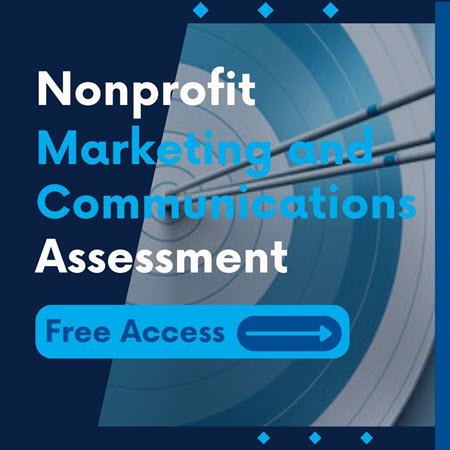
 RSS Feed
RSS Feed
